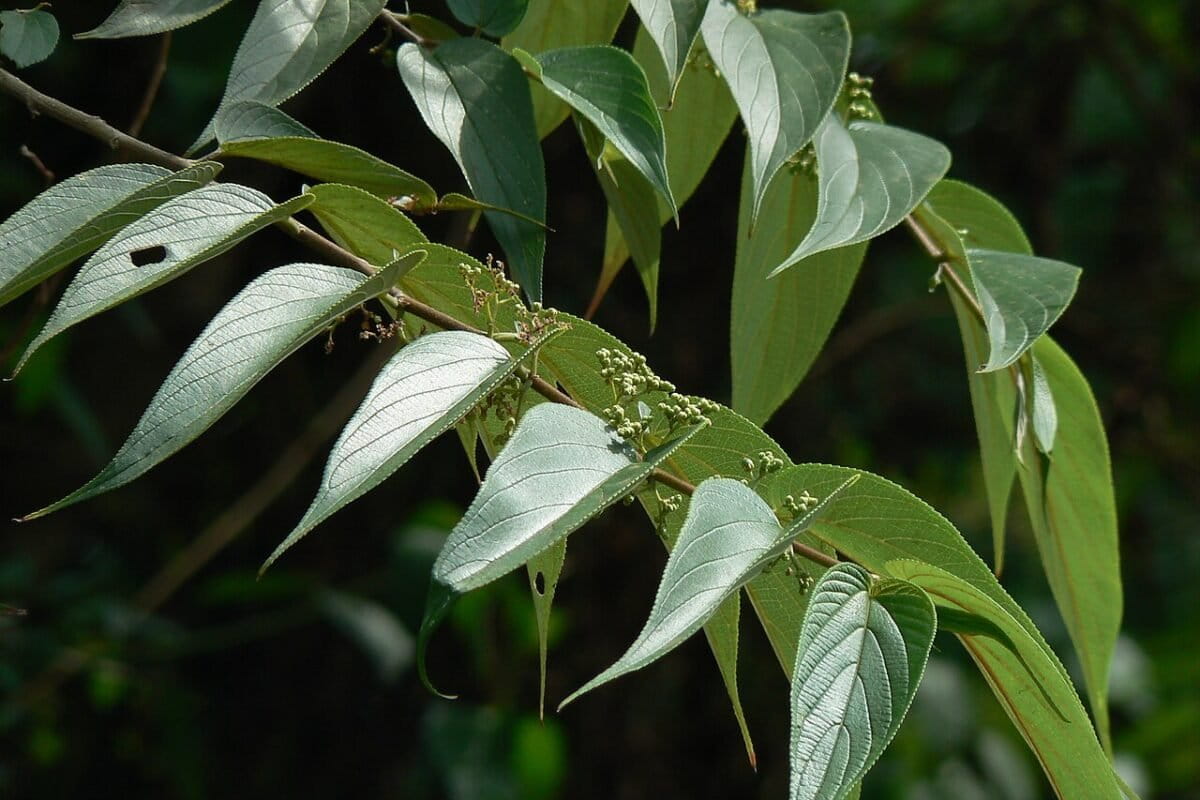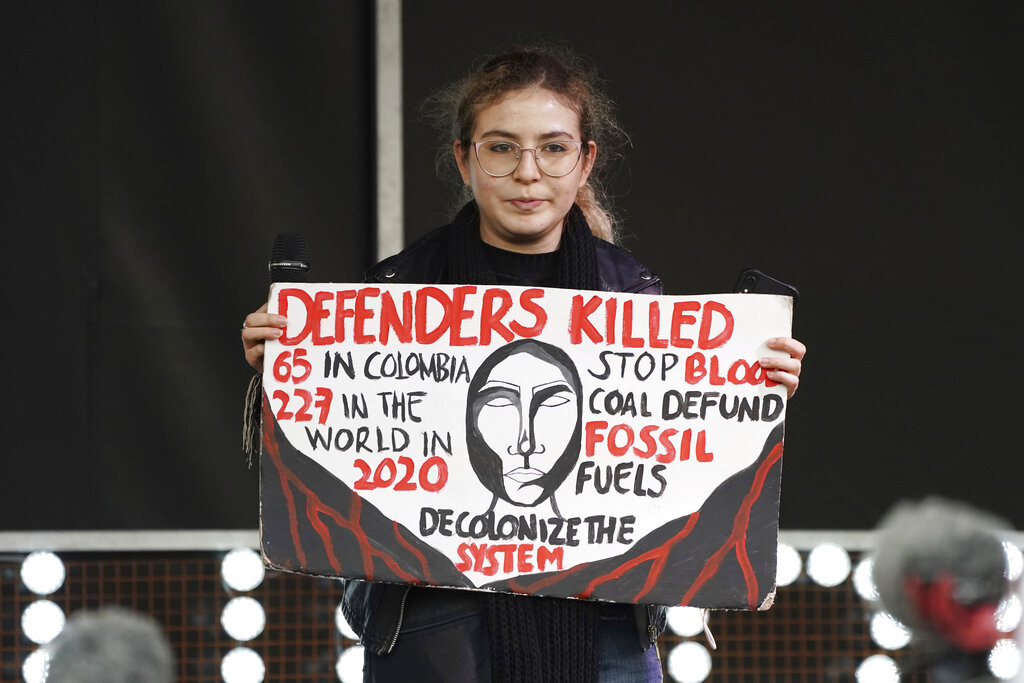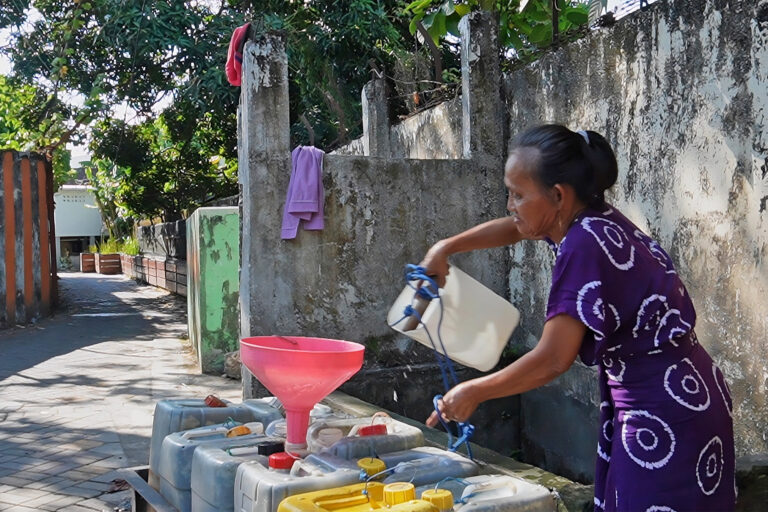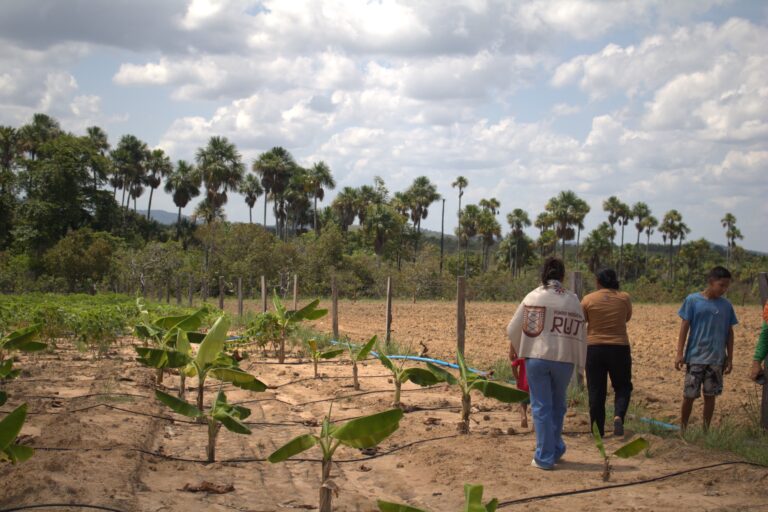High palm oil prices kill the biodiesel market for Asia
High palm oil prices kill the biodiesel market for Asia
mongabay.com
May 1, 2008
High palm oil prices have forced investors to shelve plans for biodiesel refineries, according to The Wall Street Journal.
With the feedstock accounting for as much as 80 percent of the cost of producing biodiesel, surging palm oil prices due to rising demand as an ingredient in food, consumer, and industrial products have undermined the economics of biodiesel production. Accordingly, producers have cut back on ambitious plans to build new refineries across Southeast Asia.
“Just a year ago, Asian companies were rushing to build biodiesel plants to take advantage of subsidies in Europe and the U.S. aimed at promoting the consumption of cleaner-burning fuels,” writes Tom Wright of The Wall Street Journal. “The planned outlays on refineries seemed to make sense when crude-oil prices began rocketing last year. But the price of palm oil — produced widely in Southeast Asia — has climbed even more steeply, making biodiesel plants that use the commodity commercially unviable.”

Oil palm seed. Photo by Rhett A. Butler |
“At current high palm-oil prices, palm biodiesel is not viable,” Au Kah Soon, a spokesman for Wilmar International Ltd, a Singapore-based palm-oil plantation owner, told The Wall Street Journal. “We foresee a very small percentage of our revenue coming from biodiesel this year.”
Environmental concerns have also hurt the industry. Earlier this year, the E.U. moved to exclude biodiesel produced from palm oil grown on recently destroyed natural forest lands.
Wright notes that heavily subsidized biodiesel exports from the U.S. are further under-cutting fuel prices in Europe.














